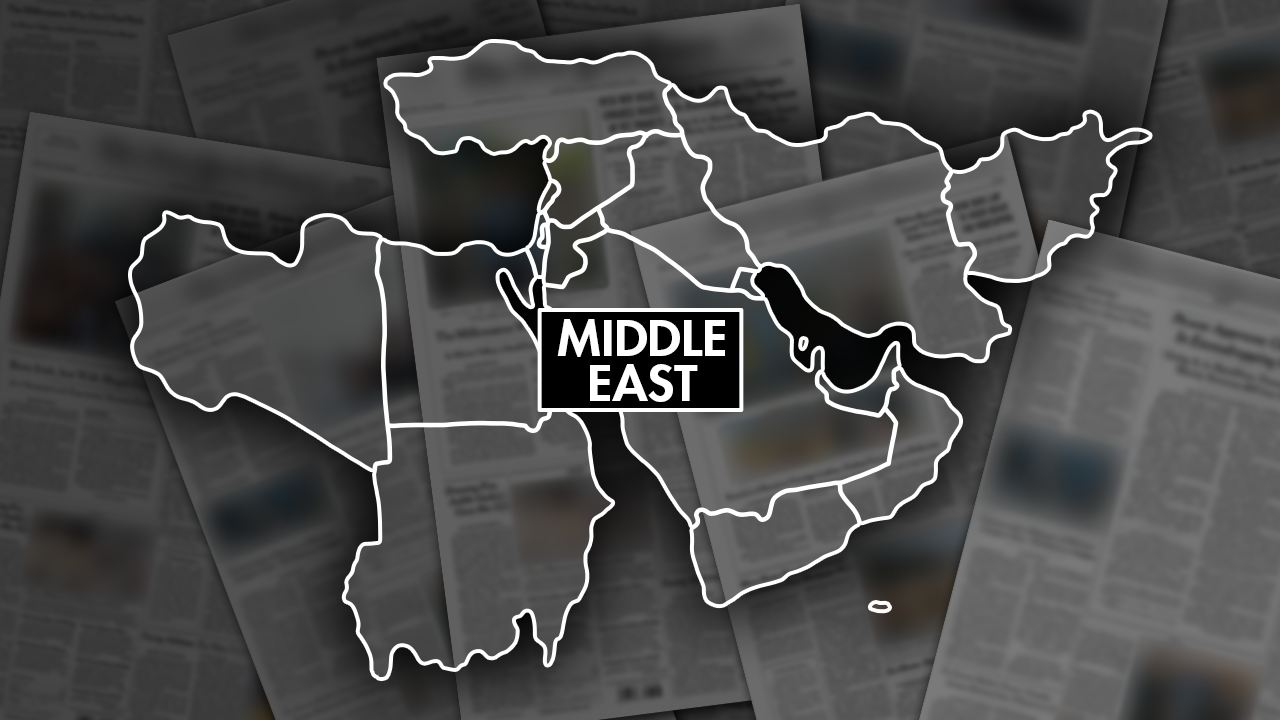Israeli ministers were set to meet Thursday evening to discuss Hamas’s response to a new proposal for a truce in Gaza and the release of hostages, as mediators sought to revive dormant talks for a cease-fire after nearly nine months of war.
On Wednesday, the Israeli government said in a statement that it was examining Hamas’s response to the latest proposal and would send its own reply to mediators. The discussions are based on a three-stage framework deal publicized by President Biden in late May and endorsed by the United Nations Security Council.
An Israeli official, speaking on condition of anonymity, said on Wednesday night that wide gaps between the sides remained but that Hamas’s response left potential to move forward in the talks. The official declined to offer further details.
For months, Israel and Hamas, alongside Qatar, Egypt and the United States, have held indirect talks over the potential cease-fire, which called for a three-stage truce in Gaza and the release of the remaining 120 living and dead hostages still held there. However, wide gaps remained on major issues, and the talks had been largely at a standstill since June.
The main stumbling blocks are related to a fundamental dispute: Hamas wants guarantees that the deal would lead to an end to the war and a full withdrawal of Israeli forces, while Israel has vowed to keep fighting until Hamas is destroyed and is also seeking postwar security control in Gaza.
In Israel, some influential members of Prime Minister Benjamin Netanyahu’s coalition government have already expressed opposition to a potential deal with Hamas.
“Now is not the time to stop, it is entirely the opposite: It is the time to bring in more forces and increase our military pressure,” Bezalel Smotrich, the country’s far-right finance minister, said on Tuesday. “It would be absurd if we were stop just a moment before success — the end, total victory over Hamas.”
The Biden administration hopes a cease-fire in Gaza will calm a surging escalation of cross-border fire on Israel’s northern border. After the Hamas-led attack on Oct. 7, Hezbollah, the politically powerful Lebanese armed group, has repeatedly attacked northern Israel in solidarity with Hamas, prompting Israeli strikes in Lebanon.
On Thursday, Hezbollah fired a relatively large barrage, launching 200 rockets and mortars and more than 20 drones into northern Israel, according to the Israeli military. The attack set off air-raid sirens across the area for over an hour, the military said. There were no immediate reports of casualties.
Hezbollah said the barrage was in part a response to Israel’s assassination of a senior Hezbollah military commander the previous day in the region of Tyre in southern Lebanon. But the Hezbollah munitions were mostly fired on border areas, avoiding a broader attack on Israel’s heartland that would most likely have provoked a more severe response.
More than 150,000 people on both sides of the Israel-Lebanon border have fled, with little idea of when they might return home. Hezbollah has said its forces will not stop their attacks until Israel ends its military campaign in Gaza. At the same time, Israeli officials have voiced increasingly bellicose threats of a potential offensive in Lebanon to push Hezbollah away from the border.






